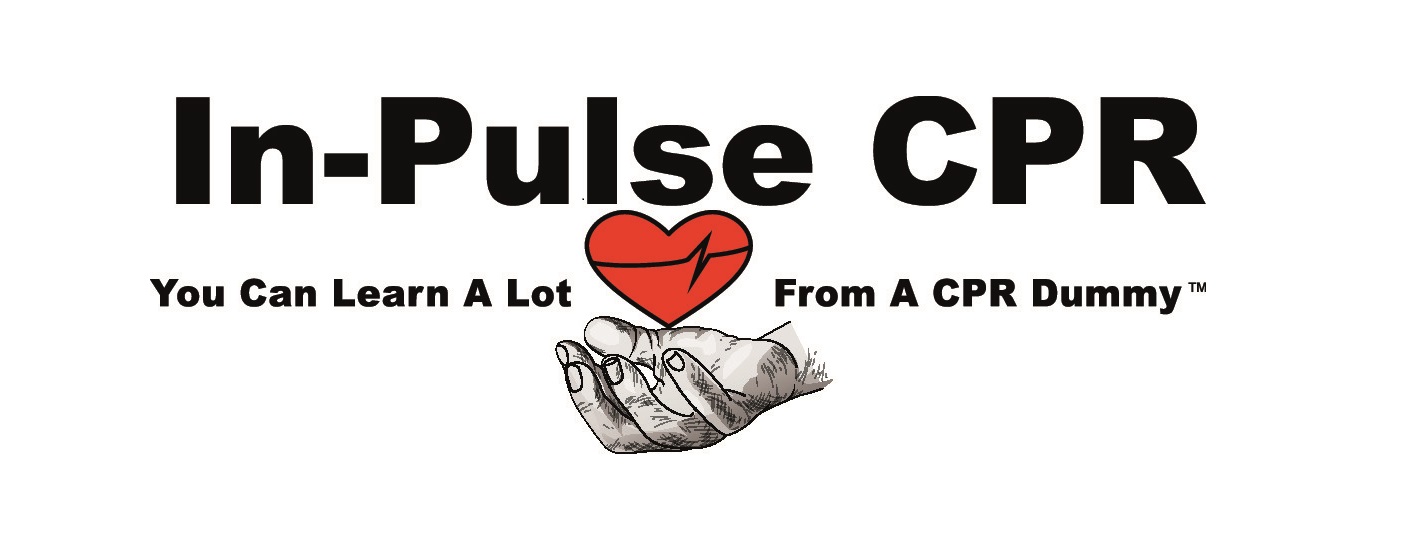Babysitting and CPR / First Aid
Babysitting is an important job. It requires first and foremost, the love of children, but beyond that, there are many qualifications you must possess in order to be a good and responsible babysitter. Children of all ages have needs that require tending to. You will need to be aware of the different age groups, and what you can expect to be dealing with for that age before sitting for them.
Babysitting is a big responsibility. The biggest aspect of babysitting is to keep the children safe and away from harm. You want them to be happy and healthy when you hand them back over to their parents. To be a good, responsible babysitter, you will want to make sure you know and understand:
How to administer first-aid
How to perform CPR
What to do if a child is choking
How to reach the parents – have all contact numbers
Home safety tips
Although the word may imply one thing, babysitting is more than just sitting at someone’s house with their kids. You must be interactive with the children. You must keep them entertained, provide care, possibly feed them a meal, and keep up with their general upkeep. If you are at an age where you are able to drive, you may even be requested to drive the children to an appointment, or pick them up from school. Babysitting can mean a variety of tasks with one basic task remaining the same – watching and caring for children.
If you plan on babysitting often, maybe building a clientele of regular families you baby-sit for, it is a good idea. You may want to find families that use you regularly so that you get to know the family and the children well, and they get to know you. When children get to know you and are used to seeing you, it can make your time with them easier, as well as less frightening for them.
Here is a list of tips for babysitting:
Learn what children of the age group you’ll be babysitting for, like to do – what games they like to play? What activities you can do with them?
Learn their bedtime routines
Keep a list of what foods they like and don’t like; and what they can eat and cannot eat
Do they need to be given medication while in your care? Get the details of what, and how to administer the medicine
Keep a list of numbers handy – the parents’ phone numbers, emergency contact, poison control, neighbors or friends
Have some activities in mind that you can do with them. Keep them occupied so they don’t have time to get upset
The more prepared you are to take care of other people’s children, the better the job you will be able to do



